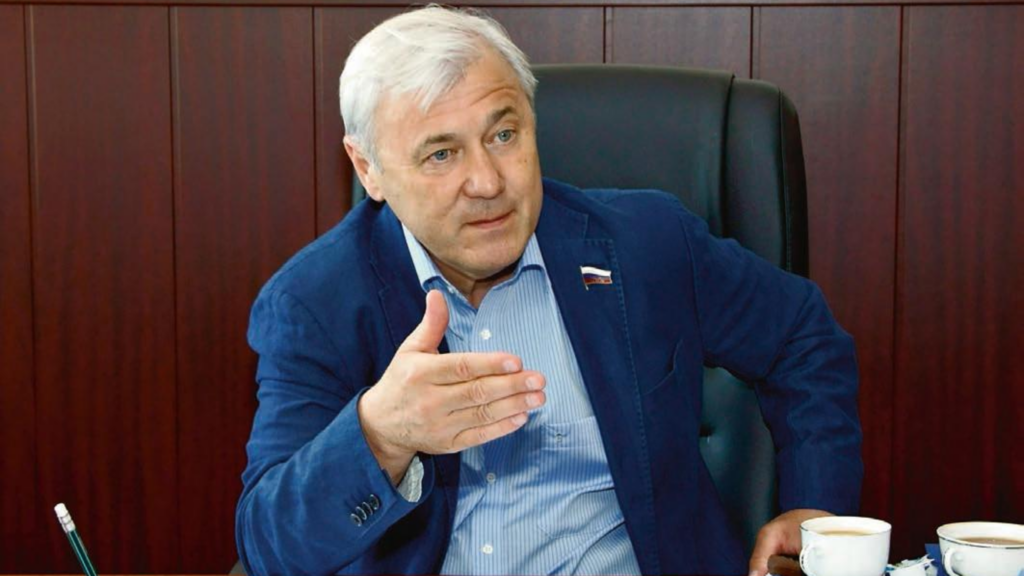The Russian Ministry of Finance is taking significant steps towards integrating digital currencies into its financial markets by considering the allowance of crypto trading on licensed stock exchanges like the Moscow Exchange and St. Petersburg Exchange. This initiative aims to facilitate qualified investors in engaging with digital currencies, marking a notable shift in the country’s financial landscape.
According to local media reports, the Ministry of Finance intends to permit companies listed in the central bank’s registry of exchanges and trading systems to offer digital currency trading for “specially qualified” investors. The registry, managed by the Bank of Russia, currently includes seven recognized and licensed exchanges and trading systems. These include prominent institutions such as the Moscow Exchange, St. Petersburg Exchange, and St. Petersburg International Mercantile Exchange (SPIMEX).
Anatoly Aksakov, head of the State Duma Financial Market Committee, emphasized that major exchanges are already actively preparing to develop the necessary infrastructure for the cryptocurrency market. He expressed confidence that once the legal framework is in place, these exchanges would swiftly enter the crypto trading space without significant hurdles.

The Ministry of Finance’s proposal forms part of a broader government review addressing two parliamentary bills focused on cryptocurrency mining regulation and digital currency transactions under an experimental legal regime. Prime Minister Mikhail Mishustin has tasked several government agencies, including the Ministry of Finance and the Bank of Russia, with developing mechanisms for using cryptocurrencies in international settlements.
The Ministry’s proposal suggests specific regulations for organized trades in digital currencies, treating them as commodities. These regulations would be based on an exchange or trading system license and apply to a limited group of specially qualified investors. Although the document does not detail the criteria for these investors, it does propose recognizing digital currencies as currency values within the general regulatory framework. This recognition would enable currency transactions and their use as a means of payment in foreign trade agreements.
Amid international restrictions and tighter compliance measures, Russian commodities firms are increasingly turning to stablecoins for transactions, particularly with Chinese counterparts. These firms have begun using cryptocurrencies like Tether’s stablecoin to facilitate cross-border transactions, addressing the challenges posed by traditional financial systems.
In parallel with these developments, Russia is also advancing its Central Bank Digital Currency (CBDC) initiatives. Last year, President Vladimir Putin signed a bill authorizing the creation of a digital version of the national currency, the digital ruble. This move grants the Bank of Russia the legal authority to act as the platform operator for the digital ruble, which will serve as a new form of payment alongside cash and non-cash rubles.
More recently, it was revealed that Russia and Iran are collaborating on CBDC and digital financial asset (DFA)-powered trade solutions. Rahimi Mohsen, the trade attaché of the Iranian Embassy in Russia, stated that both nations are exploring the use of DFAs and CBDCs to enhance their trade capabilities.
Russia’s consideration of allowing crypto trading on stock exchanges for qualified investors marks a significant step in its financial evolution. By integrating digital currencies into its established financial systems and exploring innovative solutions like CBDCs and stablecoins, Russia is positioning itself at the forefront of the digital financial revolution. This move not only enhances the accessibility of digital currencies for qualified investors but also demonstrates Russia’s commitment to adapting to the rapidly changing global financial landscape.















